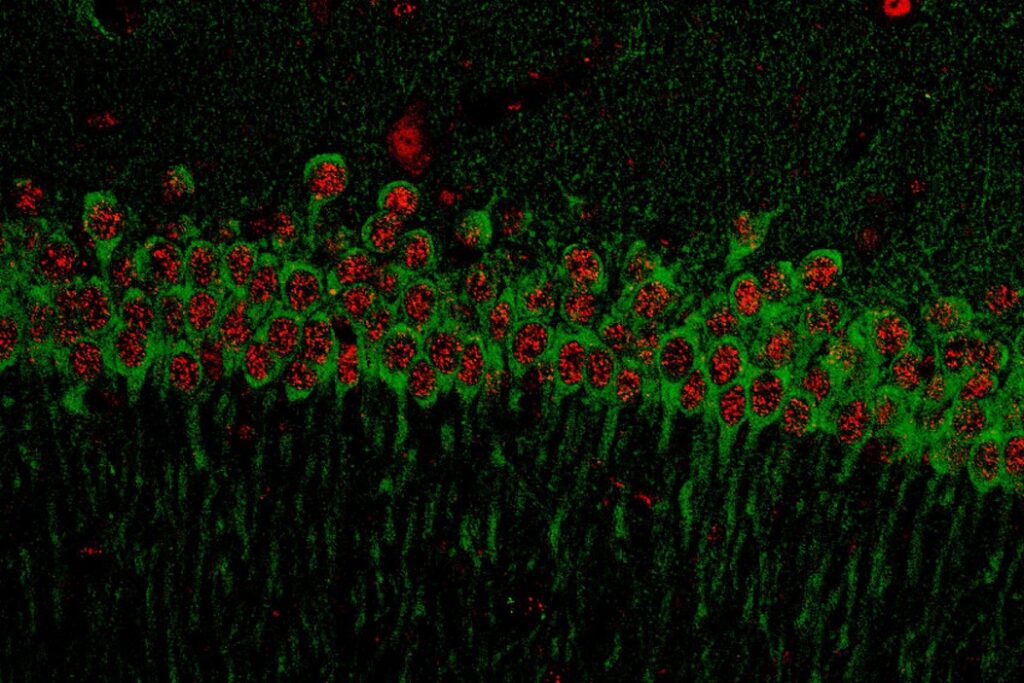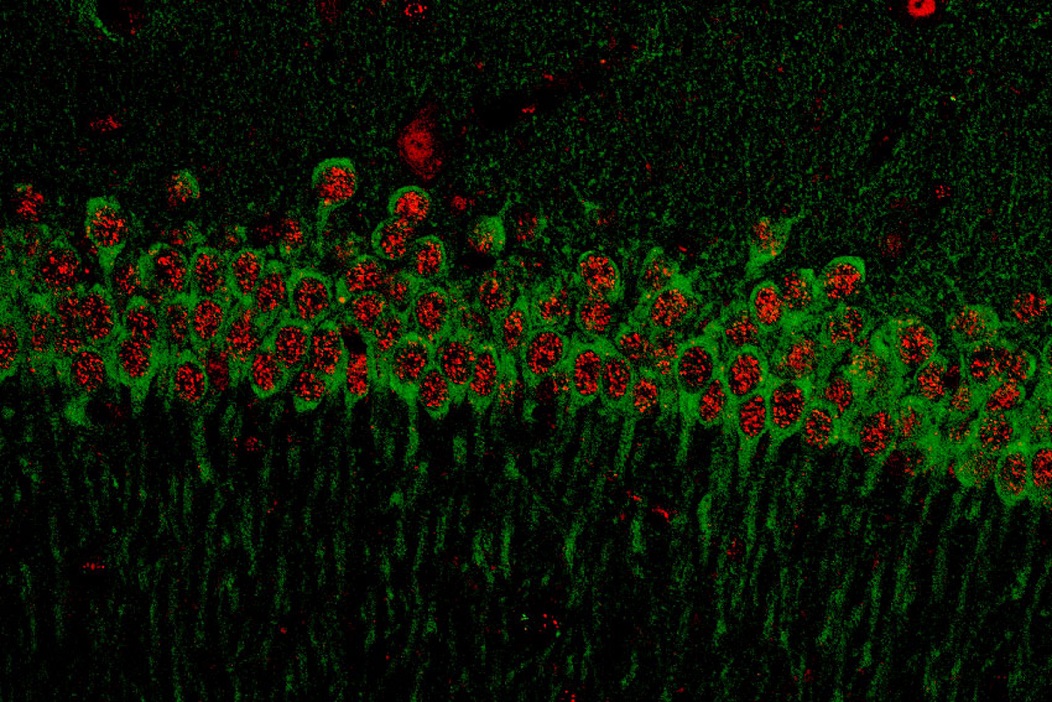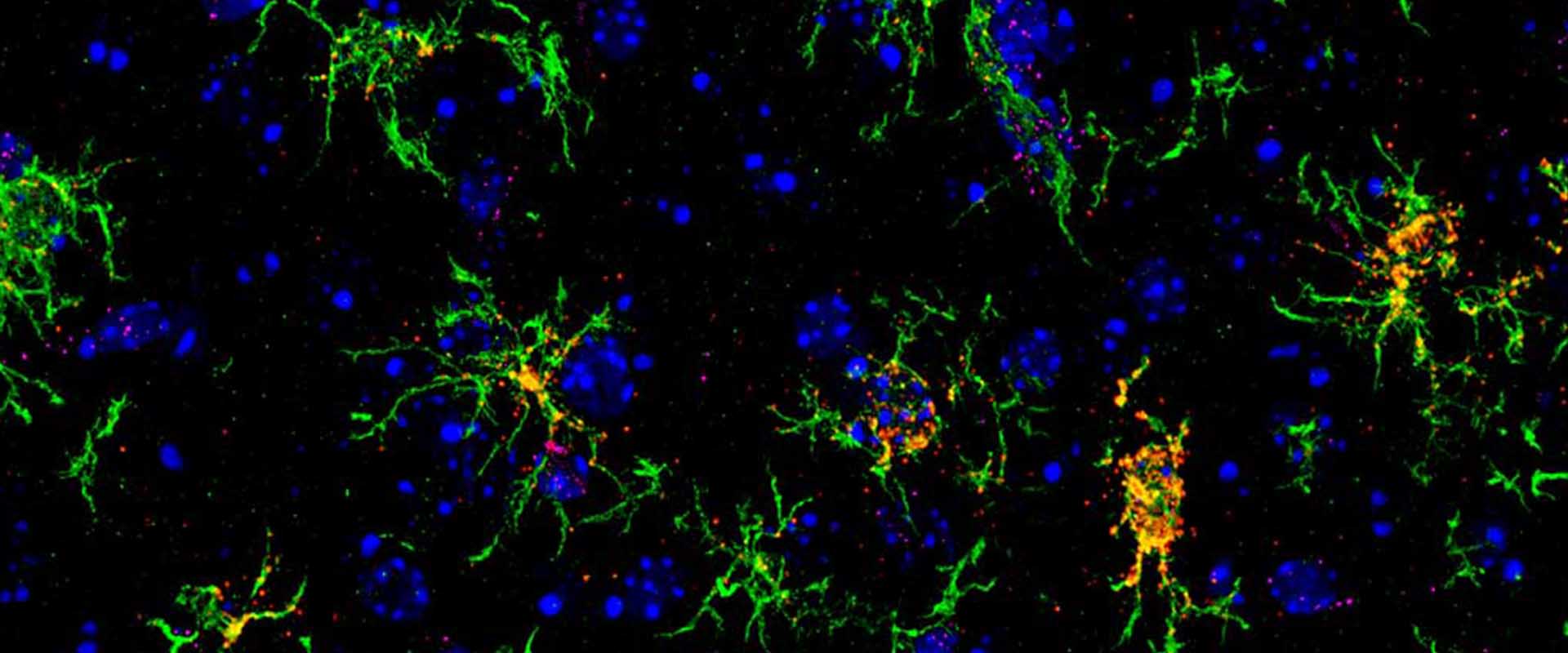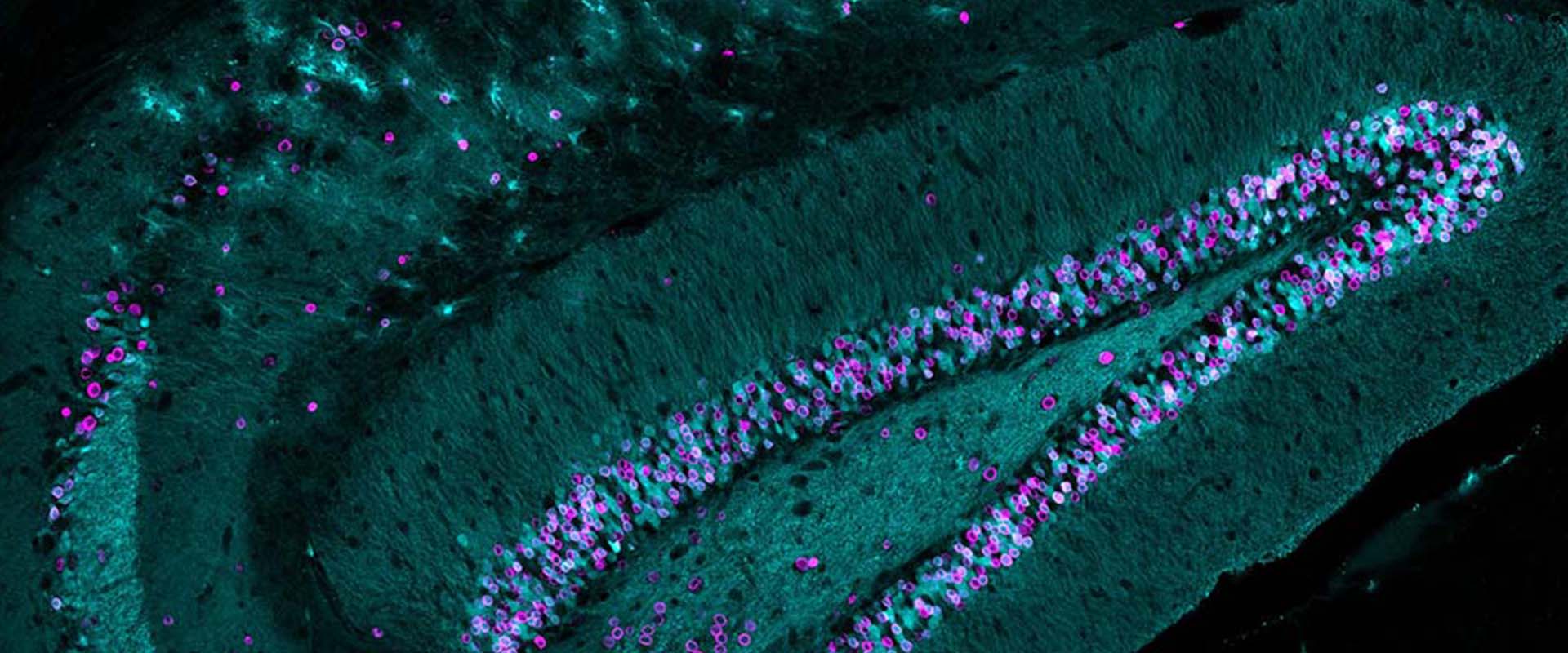CBP is required for establishing adaptive gene programs in the adult mouse brain.
- The epigenetic factor CBP is required for establishing adaptive gene programs in the adult mouse brain
Environmental factors and life experiences impinge on brain circuits triggering adaptive changes. Epigenetic regulators are thought to contribute to neuroadaptation by initiating or enhancing adaptive gene programs. In this study, we examined the role of CBP and p300, two paralogous transcriptional coactivators and histone acetyltransferases involved in cognitive processes and intellectual disability. Despite their well-known role in brain plasticity and stimulus-dependent transcription, their specific roles in neuroadaptation in adult hippocampal circuits are not fully understood.
In this study, Lipinski and colleagues investigated the impact of eliminating either CBP or p300 in excitatory neurons of the adult forebrain of mice from both sexes using inducible and cell-type restricted knockout strains. They found that the elimination of CBP, but not p300, reduced the expression and chromatin acetylation of plasticity genes, dampened activity-driven transcription, and caused memory deficits. The defects became more prominent in elderly mice and in paradigms that involved enduring changes in transcription, such as kindling (a commonly used model for the development of seizures and epilepsy) and environmental enrichment (which enhance memory in different cognitive tasks). In both models the loss of CBP interfered with the establishment of activity-induced transcriptional and epigenetic changes in response to stimulus or experience. These findings further strengthen the link between CBP deficiency in excitatory neurons and etiopathology in the nervous system and provide unprecedented insight into the molecular mechanisms underlying neuroadaptation.



 Español
Español

